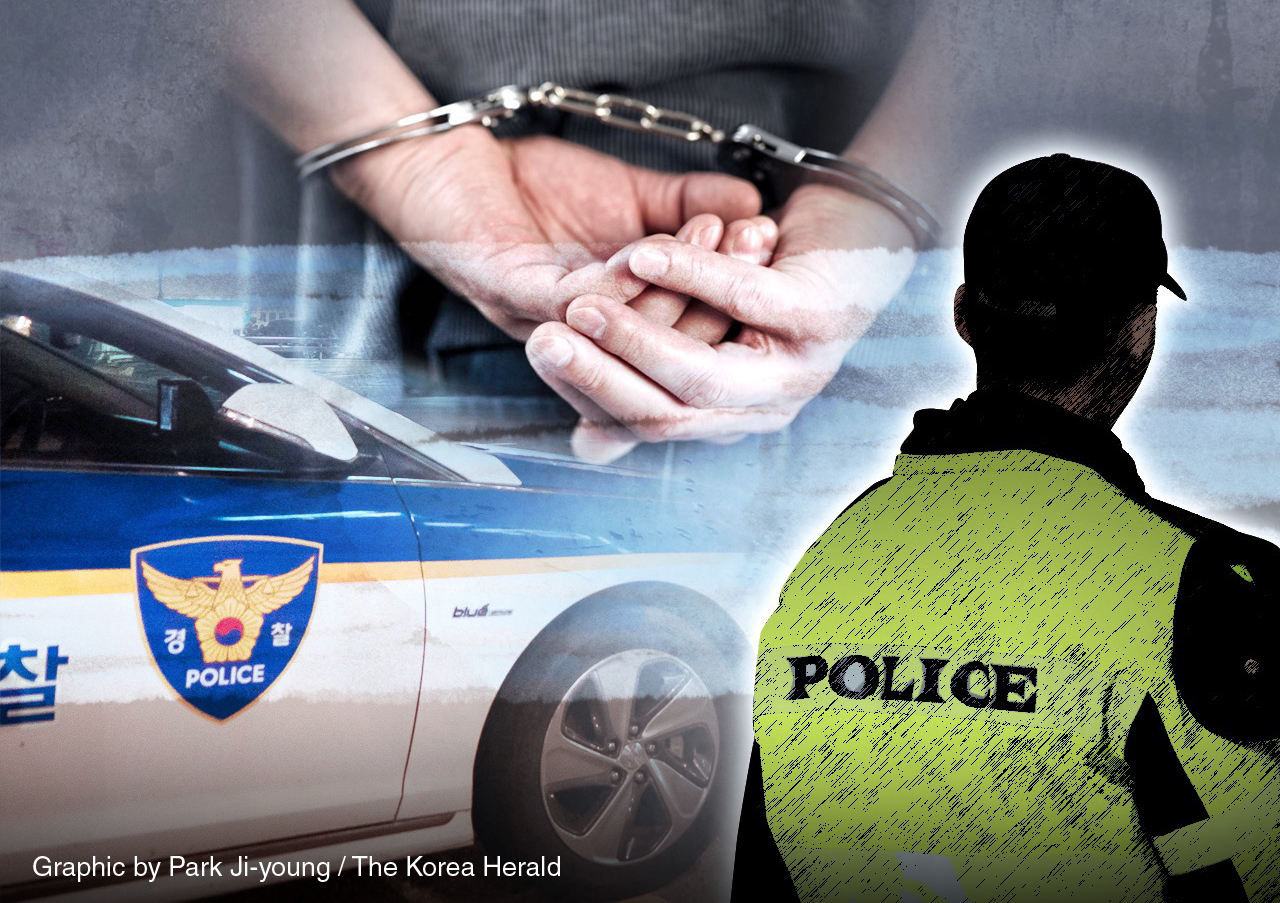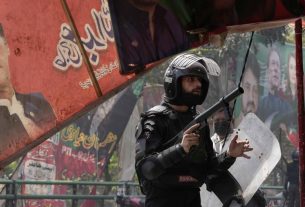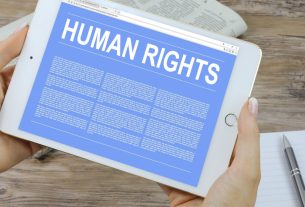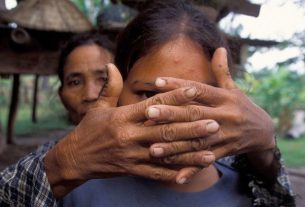|
(Park Ji-young/The Korea Herald) |
South Korean police unveiled Monday plans to ramp up human rights protections for foreign suspects through a new set of standards and a new policy.
The Korean National Police Agency said it would seek to make video recordings of custodial interrogations involving foreign suspects mandatory beginning this year at their request in case they need an interpreter.
Foreigners would be among those eligible to request video recording of their statement to police, along with those who are illiterate or have vision or hearing loss, in order to prevent wrongful convictions of “vulnerable people” and enhance transparency, according to police. Currently, those who are suspects in crimes such as murder or theft may ask for the recording.
The move, however, requires passage of the policing human rights standards. The rules, announced in February by the KNPA, remain under review by the Ministry of Government Legislation.
Prosecutors here have already set up such human rights protection rules, whereas police have yet to do so.
This is in line with a new policy since November to provide foreigners with translated police notifications such as their Miranda rights in 16 languages when under arrest or being held in custody, according to police.
Foreign languages available are English, Chinese, Japanese, Russian, Spanish, French, Vietnamese, Filipino, Indonesian, Uzbek, Mongolian, Thai, Urdu, Arabic, Sinhala and Bengali.
Translated documents include those to notify accused foreigners about their rights to talk to a lawyer, have a lawyer with them during questioning and to refuse to answer police questioning; to ask them to voluntarily follow police officers while under arrest; and to notify their family and legal representation why it is necessary to arrest them.
These are available at not only police stations, but also district units and police boxes across the nation, according to law enforcement.
Police “will continue to discover blind spots in terms of human rights protection for violators or related persons to prevent any discrimination or marginalization during police investigation,” the KNPA said in a statement.
By Son Ji-hyoung ([email protected])



